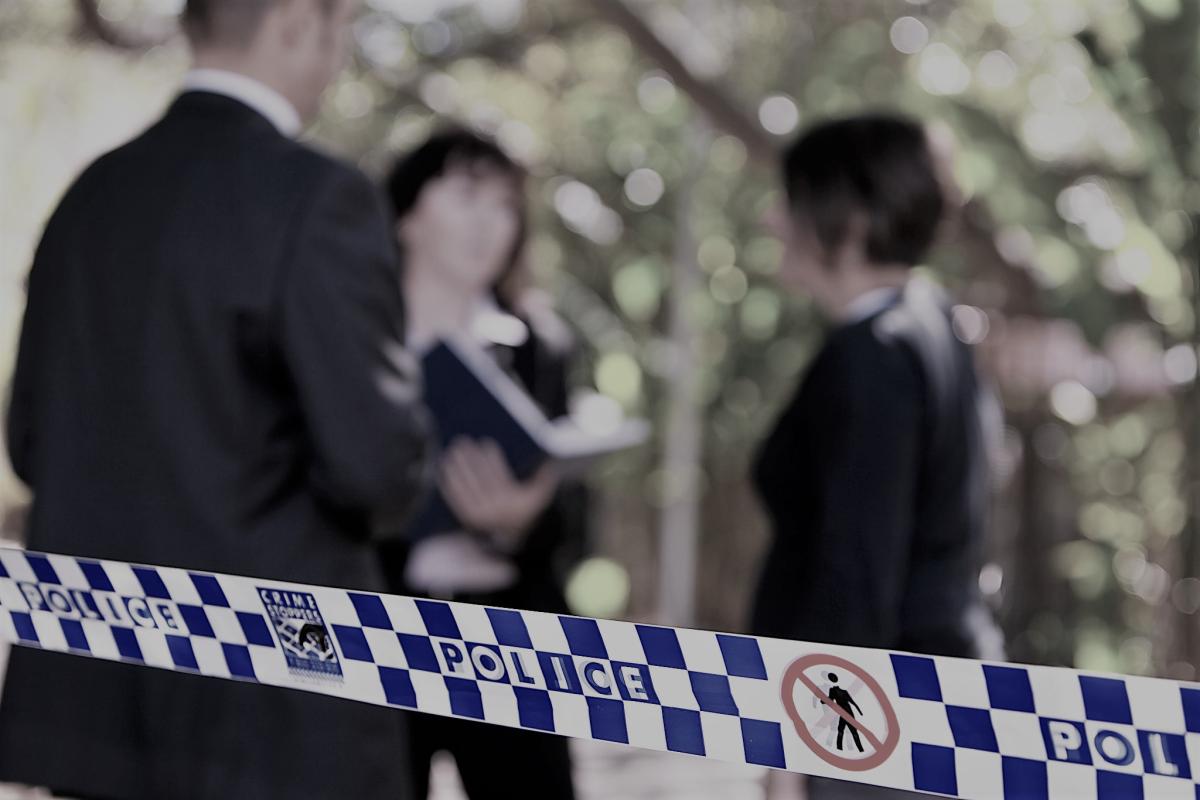Page Contents
Main Content
Excessive noise from amplified music, motors, generators and guests is the number one reason why police are called to a party.
As a party host, it is your responsibility to keep noise levels to a minimum. This information sheet sets out what you need to know about noise abatement directions and some handy hints. You can also download our handy flier about noise complaints.
Noise abatement direction
Excessive noise from your party can be reported to police 24 hours a day, 7 days a week and once reported, will be investigated by police.
If the police are reasonably satisfied the noise is excessive in the circumstances, we have the power to enter the premises, without warrant, and give the person responsible for the noise (including the host) a noise abatement direction.
The noise abatement direction can be given verbally or in writing and will direct the person to immediately stop the excessive noise and to cease making ‘any’ excessive noise for 96 hours after the direction is given (or 48 hours for a noise abatement given in relation to a motorbike being used on a place that is not a road).
Police can require the person responsible to state their correct name and address and to give evidence of the correctness of the stated name and address. It is an offence not to give the police officer your correct name and address.
If police have been called to your property because of excessive noise and issued you with a noise abatement direction, they may follow up to ensure that you are complying with the direction or if they receive further complaints.
What if the excessive noise continues?
If excessive noise continues within the noise abatement period the police may, again without a warrant, enter the premises and issue the person responsible for the excessive noise (including the host) an on-the-spot fine or a notice to appear in court, where maximum penalties can apply. The police also have the power to seize, remove, lock away or render inoperable the property being used to produce the noise. Any seized or removed property can be collected from police but you will have to wait until after the noise abatement period has expired, and could be required to pay any costs incurred by police in seizing and removing the property.
It does not matter that the noise being made is not at the same level or of the same nature as the excessive noise for which the original noise abatement direction was originally given.
Handy hints
- Let your neighbours know about your party in advance, as this may reduce concerns about parking or noise later. Give them your contact details so that they can contact you directly with any concerns they may have, rather than calling police initially.
- Keep music indoors and move guests inside later on in the night.
- Make sure that your sound system speakers are not facing directly towards a neighbour.
- Turning down the bass. It is often the bass noise that bothers neighbours. Turning down bass controls or turning off sub woofers can help to control noise levels.
- Ask guests to be quiet when they leave.
- Avoid using front yards or street frontages as this is more likely to elicit complaints from neighbours or attract uninvited guests.
- Remember that registering your party with police is not a licence to make as much noise as you want.




